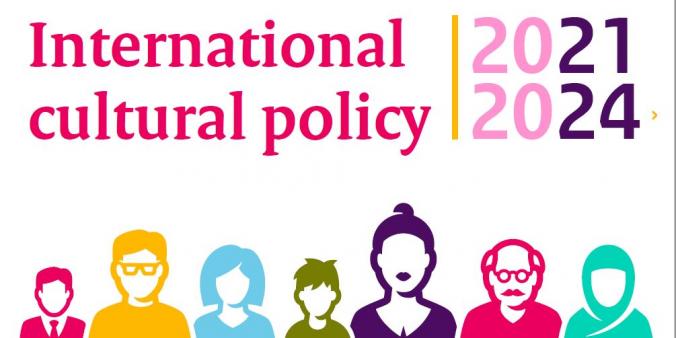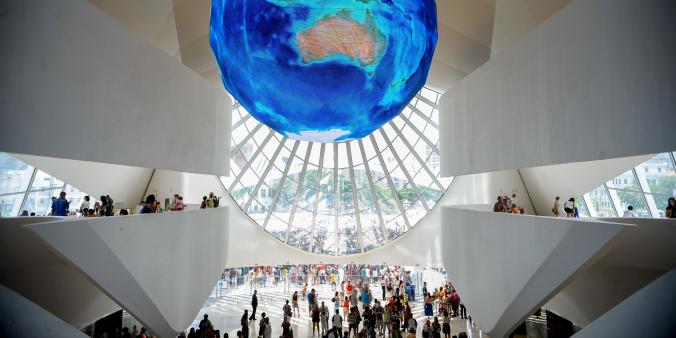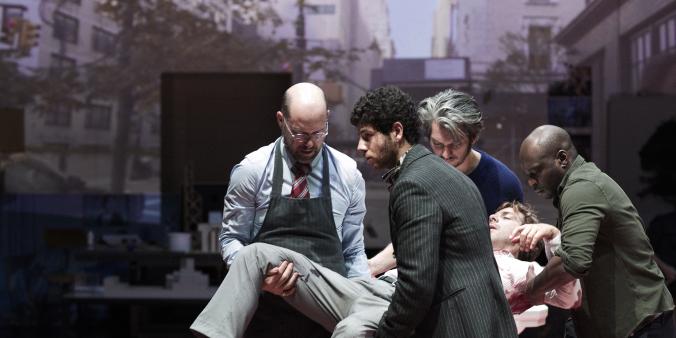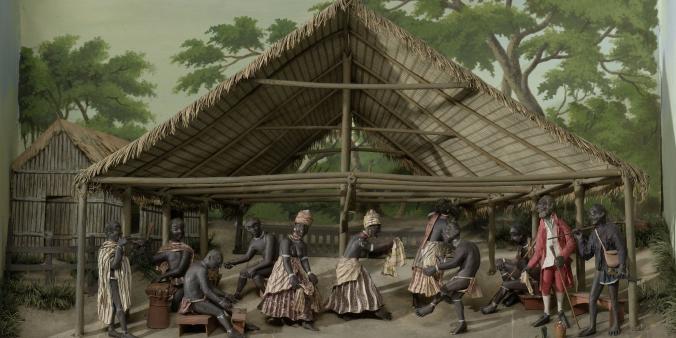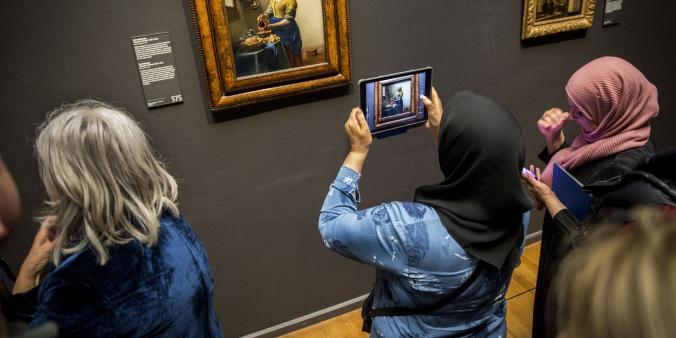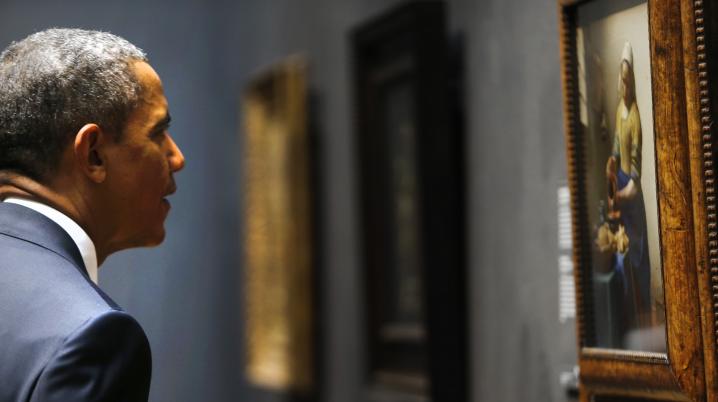
Boekman #125: 50 years of Dutch international cultural policy
Next to 50 years of international cultural policy, the Ministry of Foreign Affairs (BZ) has also held the position of cultural ambassador for 40 years. These are two reasons for reflecting on the how and why of this policy. International cultural policy (ICB) does not only focus on artistically-driven exchange. This is evidenced by an interview in Boekman Extra #22 (the English edition of Boekman #125) with cultural ambassador Arjen Uijterlinde and some of his colleagues working in London, Istanbul and Jakarta.
Global and local
In the latest policy paper for international cultural policy, art, heritage and the creative industry are also involved in global issues, as expressed in the Sustainable Development Goals (SDGs). This collection of articles also comprises a review of international cultural policy in recent years by Toine Minnaert. Judith Frederiks and Tamara van Kessel then show how, within the framework of Leeuwarden as European Capital of Culture in 2018, artists linked the local context with ecological issues that concern the whole world. The local context also appears to be important for the international policy of major cities, as Toef Jaeger shows in her article on cities such as Amsterdam, Rotterdam and Maastricht.
Wide range of persepectives
The countries with which the Netherlands has historical ties, occupy a specific place in international cultural policy. The policy talks about ‘shared heritage’. However, Esther Captain believes that this wording does not do sufficient justice to the colonial past, and the unequal balance of power within it. She prefers to talk about ‘entangled heritage’. Together, the five articles thus provide a wide range of perspectives with which the Netherlands approaches international cultural exchange. During 50 years of international cultural policy, the world has become faster, more complex, but also more interconnected. Where we are going from here is uncertain, but we can derive one lasting certainty from the words of Arjen Uijterlinde: “Art and culture, like knowledge and science, are not bound by borders.”
The Boekman Foundation is the Dutch knowledge centre for art, culture and policy. DutchCulture was closely involved in this publication. Related to it, we will together be creating a series of three podcasts in which researchers discuss the 50 years of international cultural policy, heritage and the Sustainable Development Goals. More information will follow.
